Until 1952, sinhalite was thought to be a brown variety of peridot, but on closer investigation it was found to be a completely new mineral. It varies from a pale yellowish brown to a dark greenish brown. Crystals have distinct pleochroism, showing pale brown, greenish brown, and dark brown when viewed from different directions. Although uncommon, sinhalite has been faceted for the collector. Cut stones may be confused with peridot, chrysoberyl and zircon.
Most gem quality sinhalite is found as rolled pebbles in the gem gravels of Sri Lanka. Crystals occur in Burma but are rare. Sinhalite is also found within the former USSR and non-gem quality material in the United States.
Sinhalite is named after “sinhala”, which is the Sanskrit name for Sri Lanka.

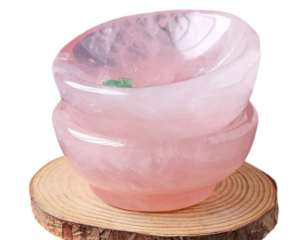
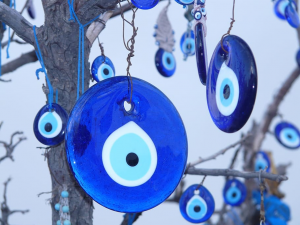

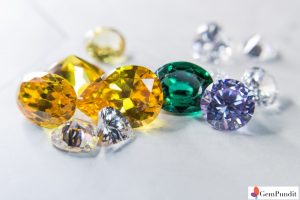

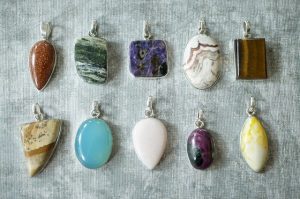
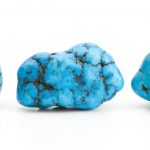
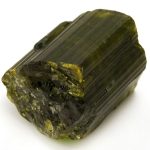
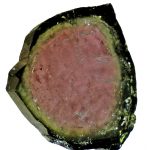
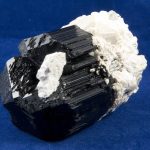
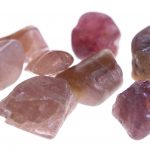
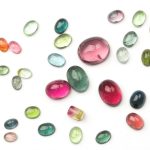
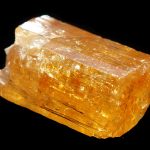
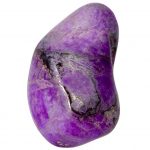
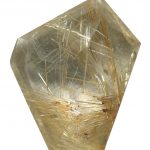
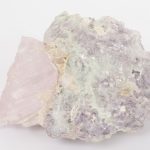
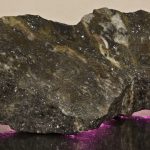
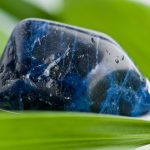
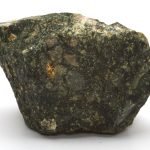
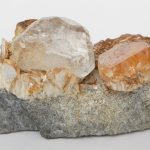
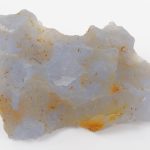
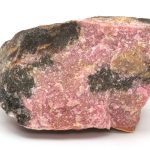
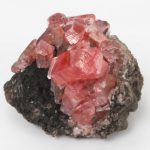
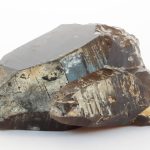
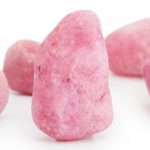
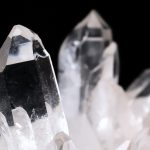
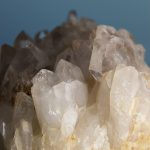
Leave a Reply
You must be logged in to post a comment.